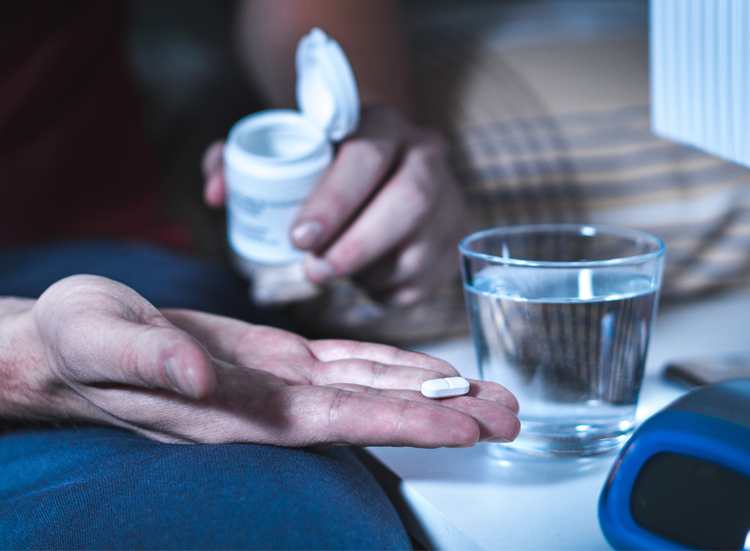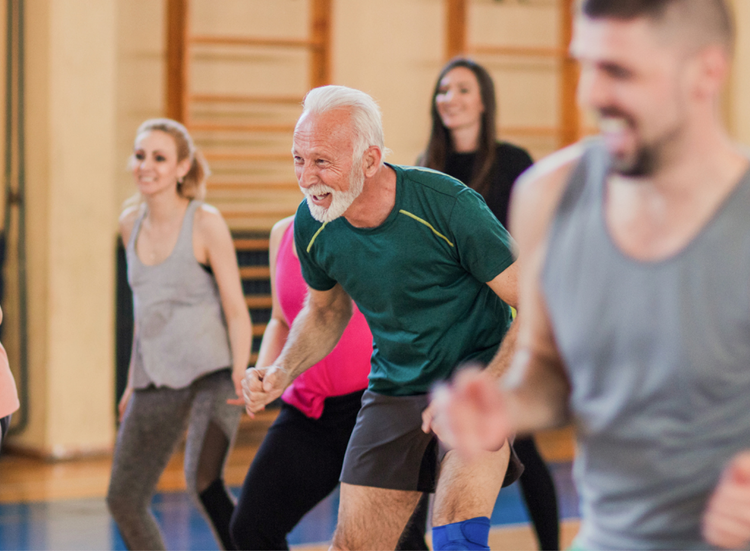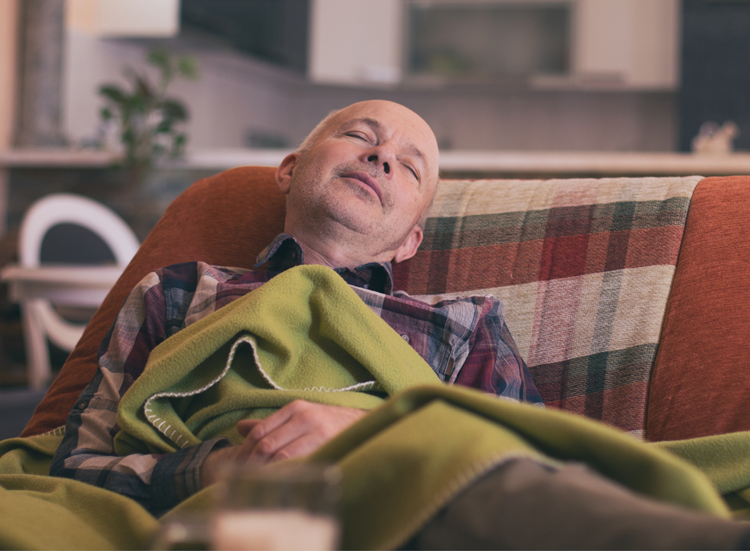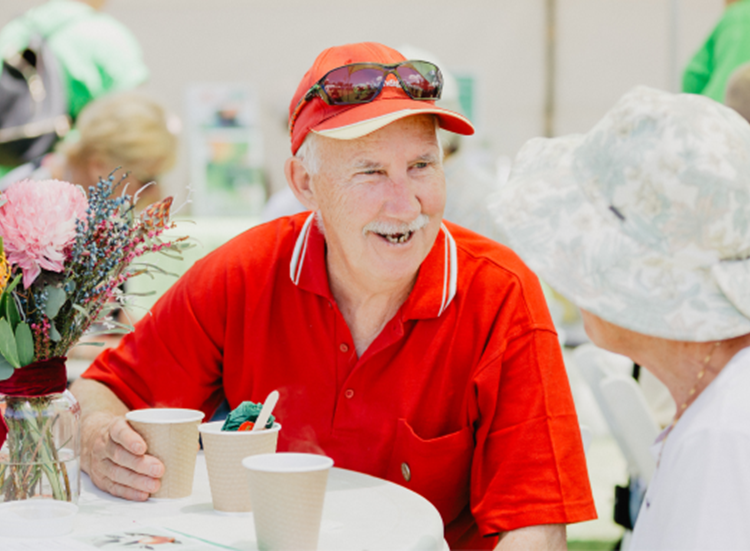Share your results
Please enter your email
Results shared!
We've sent a link to your email so you can access your results at any time.
Hydration is about more than having a drink when you feel thirsty. An average adult in Australia loses around 2.5 litres of water a day through normal activities.

Studies show that as you age it can become difficult to stay hydrated and detect dehydration. Learn how to identify the warning signs of dehydration and how to drink enough water each day below.
Drinking too much water can reduce your blood sodium levels to dangerous levels. Some health conditions may need you to limit your water intake. Seek advice from your health professional before making changes to your daily fluid intake.
Studies show that as you age it can become difficult to stay hydrated and detect dehydration. Learn how to identify the warning signs of dehydration and how to drink enough water each day below.
Drinking too much water can reduce your blood sodium levels to dangerous levels. Some health conditions may need you to limit your water intake. Seek advice from your health professional before making changes to your daily fluid intake.
Read less...
Other factors that may affect your hydration include:
Other factors that may affect your hydration include:



Some early warning signs of dehydration include:
Some early warning signs of dehydration include:

Other signs and symptoms of dehydration can include:
Other signs and symptoms of dehydration can include:


Using the below mobile apps can help you keep track of your daily fluid intake and stay hydrated.
Using the below mobile apps can help you keep track of your daily fluid intake and stay hydrated.

If you need more information, get in touch with one of our helpful team on 1800 951 971.
If you'd like to learn more about staying hydrated, follow the links below:
Staying safe during long heatwaves
Defying dehydration – there’s an app for that
Treating dehydration (includes a recipe to make rehydration fluid)
If you need more information, get in touch with one of our helpful team on 1800 951 971.
If you'd like to learn more about staying hydrated, follow the links below:
Staying safe during long heatwaves
Defying dehydration – there’s an app for that
Treating dehydration (includes a recipe to make rehydration fluid)
Read less...Aged Care Guide. (2022, December 13). Hydration for elderly people and the dangers of dehydration. https://www.agedcareguide.com.au/information/hydration-for-elderly-people-and-the-dangers-of-dehydration
Healthdirect Australia. (2024, June). Urinary tract infection (UTI). https://www.healthdirect.gov.au/urinary-tract-infection-uti
Take our easy OpenUp quiz to get personalised advice and see suggested products, services and support in your local area or online.
Let's go!